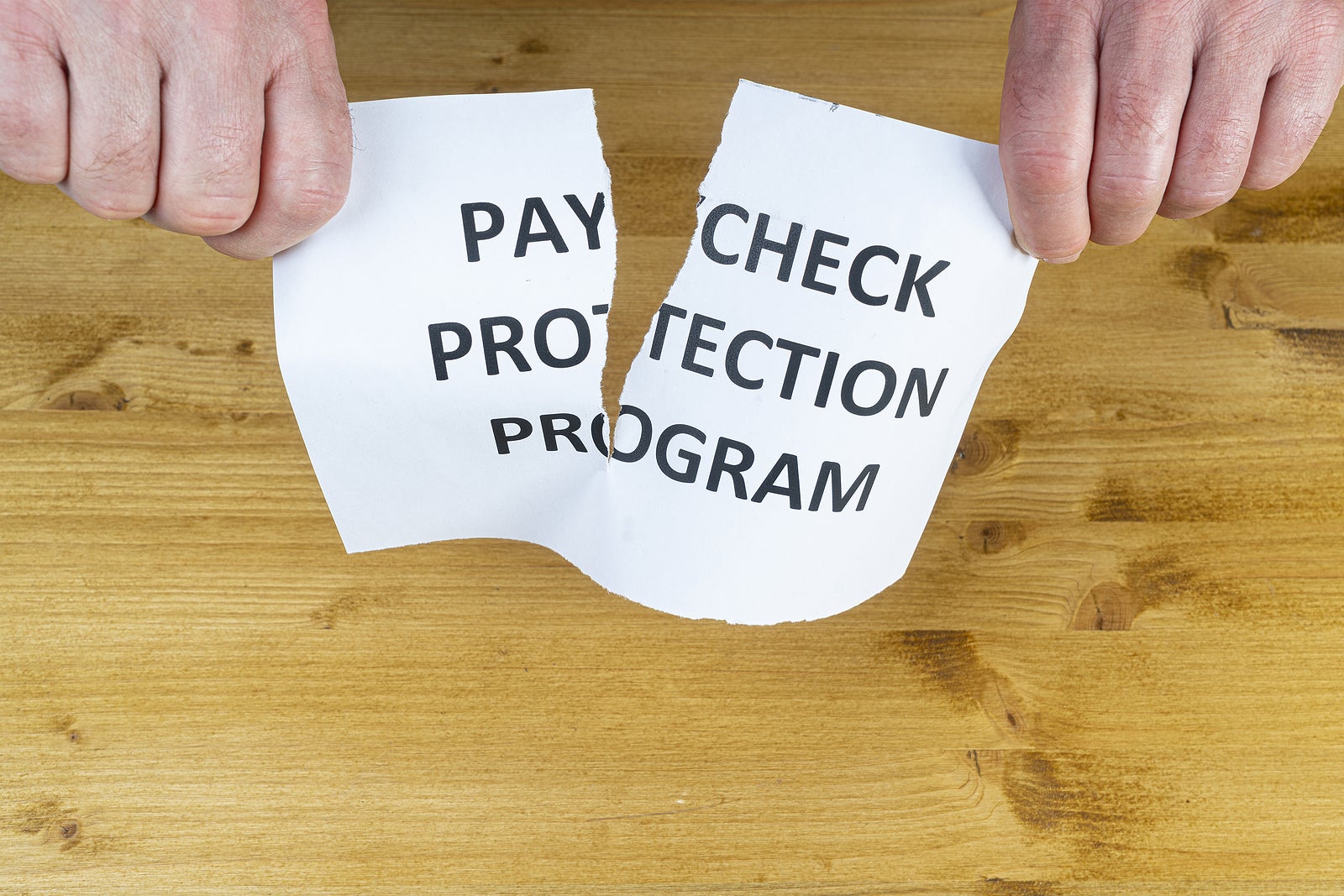
The coronavirus delivered a sudden series of shocks to our economy and civil society, some of which were far easier to deal with than others. When it came to ensuring the security of millions of jobs, for instance, it quickly became evident that neither the federal government nor local authorities could prevent businesses from laying off huge sums of workers due to a sudden decline in consumer spending.
Nevertheless, the passage of certain provisions such as the Paycheck Protection Program (PPP) helped many small businesses and everyday workers endure these tumultuous times by providing them with money that they otherwise would have been bereft of.
PPP isn’t going to linger forever, though, and when it inevitably fades, small businesses and major companies alike are going to have to foster serious changes to remain economically viable. Here’s a review of how small businesses will survive in the post-PPP world, and some surprising information about the impact of this (and other) stimulus measures brought about by COVID-19.
PPP delivered much-needed loans
The positive impact that PPP had on our economy cannot be denied; the paycheck protection program delivered many much-needed loans to small businesses across the country, many of which doubtlessly would have permanently closed their doors if not for the money they received from the government.
Many workers didn’t know how to react when their employers got PPP loans, but helpful articles and well-written guides have since cleared up much of the confusion surrounding this program. Nevertheless, many entrepreneurs identified some notable flaws in the program, including the fact that it wasn’t always as flexible as small business owners needed it to be, creating some headaches when it came to obtaining and spending the money in question.
This has led many entrepreneurs and corporate professionals to realize that future spending initiatives – if they materialize at all – could be similarly plagued by errors and difficulties that make it challenging for savvy commercial operators to make the best use of them. Most Americans want an additional stimulus check, according to many opinion polls, but Republicans in the Senate are hesitant to decide on whether another direct stimulus payment to citizens is required.
Additional loans for businesses are likely going to materialize at some point, however, as it’s incredibly unlikely that our economy will reopen without such financial assistance being made widely available. Companies like Mystic Owl Tattoo and other small businesses that cater to the needs of everyday people thus need not fret too much about a failure of funds to be immediately forthcoming.
Direct cash infusions will be sorely needed
Despite the fact that the economy is beginning to reopen in many states, the continued spread of COVID-19 indicates that this public health pandemic is far from over. For better or worse, we’re likely to find ourselves grappling with COVID-19 for the remainder of the year, at the very least, which means that direct cash infusions to struggling businesses will be sorely needed if we don’t want them to disappear forever.
Recent reports have also indicated that direct cash infusions offered by the PPP were also severely insufficient insofar as women and minority-owned businesses were concerned. These were the businesses that got left behind in the initial disbursement of loans, and they’re likely to need additional cash in the near-future if we don’t want the resiliency and diversity of our economy to suffer. Besides direct grants, these businesses and most others throughout the economy will need help covering the healthcare costs of their workers.
According to the Census Bureau, more than half of all Americans were dependent upon employer-provided healthcare as recently as 2017, indicating that healthcare concerns are going to be a serious problem in the immediate future. If small businesses are going to survive once PPP finally passes us by for good, they’re going to need additional help when it comes to covering the healthcare needs of their workers. The alternative is a sick workforce beset by pre-existing conditions that finds itself incapable of reopening our economy and returning to normalcy.
There’s no telling what legislation the near-future will bring, especially with gridlock in Washington, D.C. preventing the two leading parties from agreeing with one another. Nevertheless, it remains abundantly clear that small businesses will only be able to survive and thrive post-PPP with the help of additional government spending.
2083 Views












